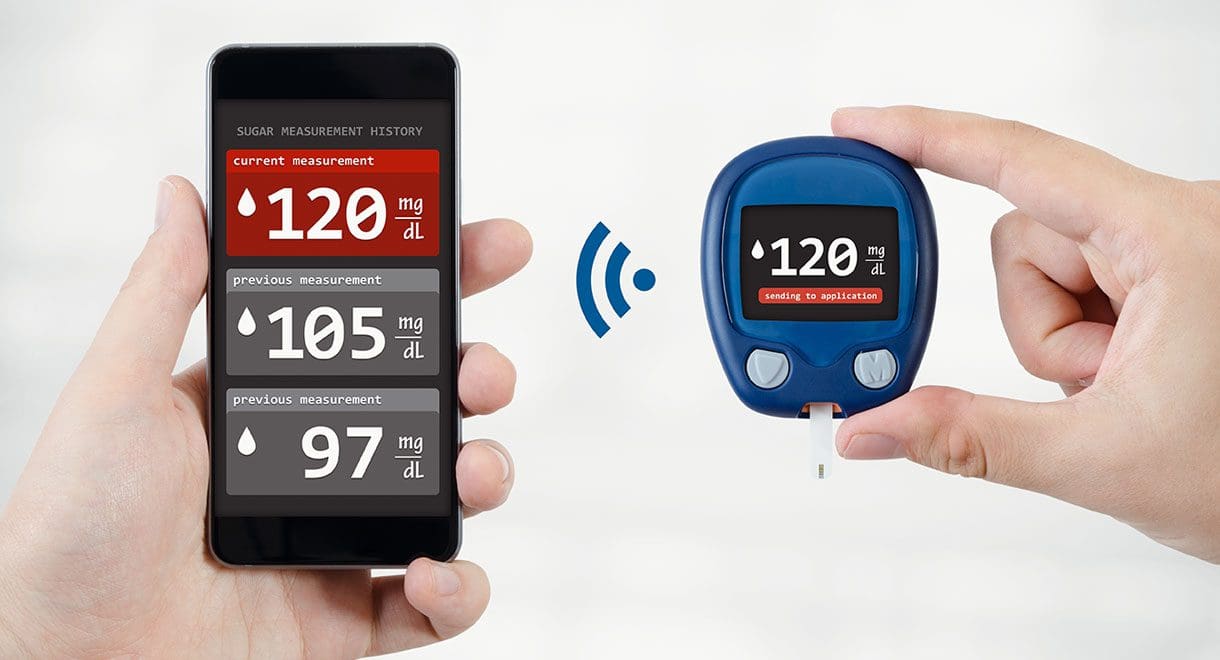Don’t let diabetes steal your vision
By naturopath Margaret Jasinska
Diabetes is the worldwide leading cause of blindness and poor vision. The incidence of both type 1 and type 2 diabetes is climbing at a frightening pace in Australia and much of the world. The longer a person has diabetes, the more at risk they are of long term complications such as vision loss. Poorly managed diabetes is the biggest risk factor for vision loss, and this applies to both types of diabetes.
We see statistics like this in the news regularly: During the past year, more than 100,000 people in Australia have developed diabetes.
One problem is that many people don’t take type 2 diabetes seriously. It’s seen as a mild disease that can be controlled by taking tablets. The problem is, most type two diabetics who are taking medication still have a blood sugar level that is high enough to cause organ damage eventually, such as loss of vision. Also, type 2 diabetes is typically a silent disease; a lot of people remain undiagnosed for many years because they don’t experience any symptoms. It’s only if they happen to land in hospital due to an injury and have a blood test that the disease is picked up; or they have a blood test for employment or insurance purposes that they’re greeted with the surprise news that they have diabetes.
Being overweight is a risk factor for developing type 2 diabetes, as is lack of exercise, nutrient deficiencies, and unhealthy diet. Some medication can also increase the risk. However you don’t have to be overweight to get type 2 diabetes. An increasing number of slim people (some of whom are very physically active) are being diagnosed with type 2 diabetes. A high sugar or carbohydrate diet can harm your health whether you are overweight or not. A lot of slim looking people who are developing type 2 diabetes are what I call fat on the inside. Outwardly they appear slim, but inwardly they have a fatty liver, a fatty pancreas and fat clogging their arteries. They have high levels of visceral adipose tissue.
The United Nations recently issued a press release highlighting the need to prevent diabetes in order to avoid long term complications. In his statement, the Secretary-General of the UN has specifically focused on the fact that diabetes is a leading cause of poor eyesight and blindness worldwide. He has said “The disease shortens lives and, if not managed, can cause severe complications such as amputations, strokes or kidney failure. It has devastating impacts on household budgets and national economies.”
He went on to say “Because the changes are painless and gradual, people often only realise they have a problem when their eyesight finally begins to fail. At that point, it can be too late to improve or restore vision.” The Secretary-General has encouraged diabetics to have their eyes examined regularly by an optometrist in order to identify problems and receive advice and treatment while there’s still time to save one’s vision.
“If people can control blood glucose levels and blood pressure,” he said, “they can reduce the risk of changes in blood vessels. And even when changes do occur, it is possible to slow down the process with timely treatment.”
I urge you to watch this YouTube video of South Australian ophthalmologist Dr James Muecke discuss a tragic case of vision loss due to diabetes. Dr Muecke was diagnosed with a fatty liver a couple of years ago (he was never overweight). He cut all sugar and high carbohydrate foods from his diet, reversed the fatty liver and has become a powerful advocate for low carb diets.

When was the last time you had your blood sugar tested? I’d say it’s much more important to know your blood sugar level than your cholesterol. If you do have elevated blood sugar, the sooner you do something about it, the less likely you are to experience negative long term complications.
Elevated blood sugar and elevated insulin cause a great deal of wear and tear to the body. They cause oxidative damage. This can affect any part of the body. Diabetics use up antioxidants at a faster pace, therefore have a higher requirement in their diet. Green leafy vegetables and brightly coloured vegetables should make up a large part of the diet. Superfood Maintenance powder is a concentrated form of antioxidants that you can easily add to your diet.
The good news is type 2 diabetes is reversible in the vast majority of cases if caught early enough. See our book Diabetes Type 2: You Can Reverse It for information.









Leave A Comment